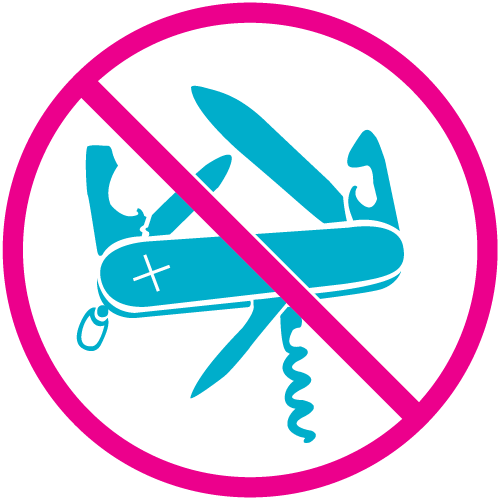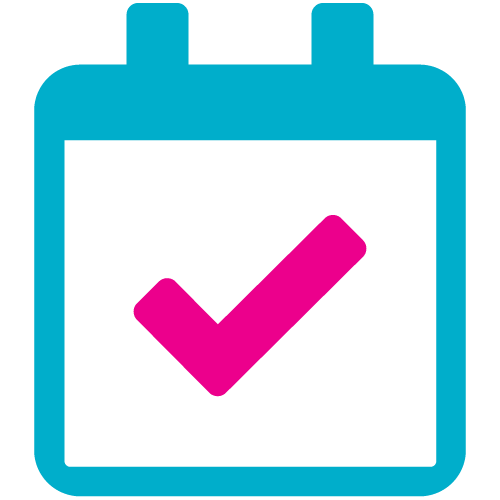
5 Ways to Get More Out of Each Day
Corporate efficiency expert Bary Sherman explains how anyone can carpe diem.
You know you have it somewhere: that important receipt; last year’s tax return; the warranty for your washing machine. But where is it?

“People spend 1.6 hours per week looking for things they can’t find—that’s 75 hours per year,” explains Bary Sherman ’63. “What could you do with another two hours per week? What could you do with another two weeks per year?” These are the kinds of challenges Sherman helps people battle every day as co-CEO of PEPworldwide US, a training and consulting firm specializing in efficiency.
In practice, PEP helps corporations streamline their work systems so employees can get the most out of their day. But the goal of PEP—to help people get more of the right work done, in less time and with less stress—is something Sherman valued long before he joined the company.
As it turns out, Sherman’s affinity for efficiency began at Monmouth University. He was president of his fraternity, president of the fraternity/sorority council, and vice president of the student government. He had a full class load. Disorganization wasn’t an option. “Having all that on my plate meant that time meant something,” says Sherman. “In order to do my job well, I had to do the things I promised I would do.” This continued to be true during his career as a private entrepreneur and consultant.
By 1990, Sherman sold his business and started looking for his next chapter. “I read a story in the newspaper about a guy who ran a business based on a personal efficiency program,” he recalls. “I thought, I’ve been doing this all my life but this guy turned it into a business. I wanted in. I wanted to help people.” Today, PEPworldwide operates globally, and Sherman and his wife, Lynn, own the intellectual property in North America.
Through seminars and multi-day programs, PEPworldwide helps employees of all kinds streamline their work and keep their promises, whether that means being on time to a meeting, retaining important emails, or meeting deadlines. And the principles they use can work for you, too.
1. Don’t multitask.

It sounds counterintuitive, but actively trying do more than one thing at a time inhibits focus in the short and long term. “To stop multitasking, bring a project you’re working on to a stopping point and then move on to your next task,” says Sherman. “Doing one thing at a time allows you to get more things accomplished each day.”
2. Do the worst thing first.

“We all have things we don’t like to do and subconsciously try to avoid them by filling our time with tasks of low or no value,” says Sherman. The result? Wasted time, forgetting to do that thing, and then remembering at the wrong time (like the middle of the night or in the middle of another project).
3. Make appointments with yourself and others.

Set times on your calendar for work events (like meetings) as well as personal events and priorities (like reading, keeping in contact with family and friends, and exercise). Treat these personal appointments with the same level of respect that you treat appointments with others.
4. Use tech wisely.

Sherman’s top tips? Set electronic systems to open to your calendar, not your email, so you see your priorities first. Use the task or to-do mode for quick reminders. Put all appointments in your electronic calendar, with enough time between them to allow you to get from one place to another on time.
5. Practice PEP’s mantra: Do it now!

When you first look at something new to do, make a decision—either Do It, Designate It, Delegate It, or Delete It. Here’s Sherman’s guide:
- Do It: Anything that takes 5 minutes or less.
- Designate It: If you can’t do a task now, make an appointment on your calendar (see #3) to get the job done.
- Delegate It: Determine who else can do this task and assign it.
- Delete It: If you decide that there is no value to you, your family, or your business, then delete it from your schedule.